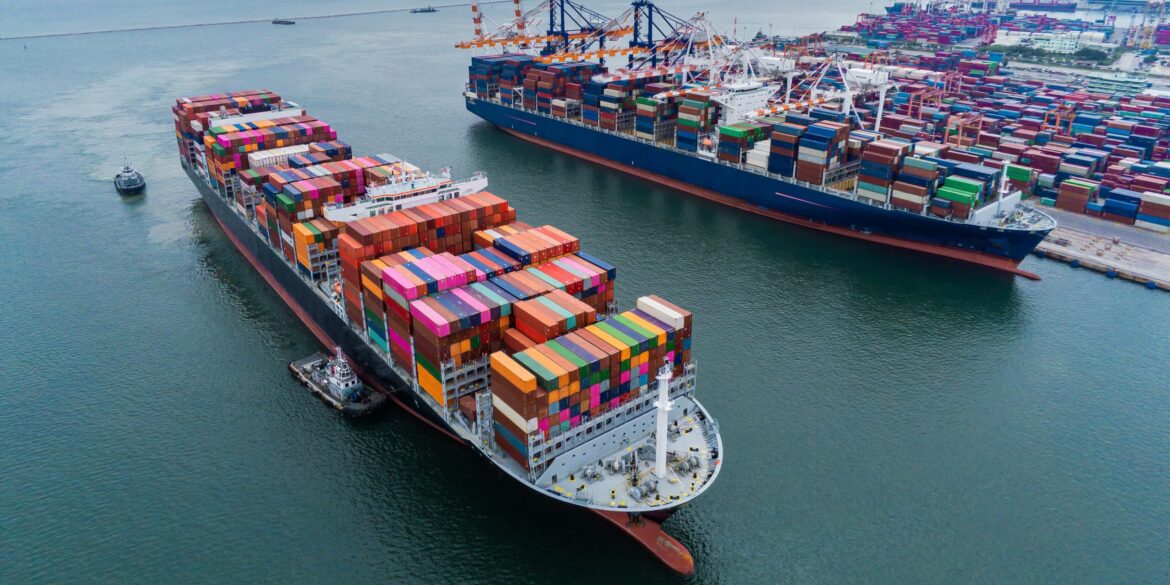A major legal battle concerning the scope of presidential authority over trade tariffs is unfolding in the federal courts, with the U.S. Court of Appeals for the Federal Circuit having heard oral arguments in V.O.S. Selections, Inc. v. United States on July 31, 2025. The case centers around a sweeping challenge to the “Liberation Day” tariffs imposed by President Donald Trump during his second term, which were justified under the International Emergency Economic Powers Act (IEEPA) as measures necessary to combat national threats posed by illegal immigration and fentanyl trafficking.
The litigation has drawn national attention due to its potential to set a precedent on the limits of executive power in economic and trade matters. The dispute began when several small U.S. importers—joined by a coalition of twelve states led by Oregon—filed suit against the federal government, arguing that the tariffs lacked lawful authority and imposed substantial harm on commerce and consumers. The plaintiffs contended that the emergency powers granted by IEEPA were never intended to allow the executive branch to implement broad, long-term economic measures such as global tariffs.
On May 28, 2025, the U.S. Court of International Trade issued a pivotal ruling in favor of the plaintiffs. The court found that the IEEPA did not authorize the type of blanket tariffs enacted by the executive orders and declared the measures unconstitutional under the separation-of-powers doctrine. The judges ruled that the tariffs were not justified by any clear statutory mandate and that they effectively allowed the executive to wield legislative power, violating both the nondelegation principle and the major questions doctrine. This decision resulted in a permanent injunction against further enforcement of the Liberation Day tariffs.
The federal government immediately appealed the decision, and on May 29, the Federal Circuit granted an administrative stay, temporarily blocking the injunction. On June 10, the full Federal Circuit agreed to hear the case en banc—meaning all active judges on the court would participate, rather than the usual three-judge panel. This rare move underscored the gravity and constitutional implications of the case.
The court established an expedited briefing schedule, requiring the government to file its arguments by June 24. The plaintiffs and supporting amici submitted their responses by July 8, with final replies due by July 18. The full appendix was finalized by July 23, and the court convened for oral arguments on July 31, allotting 45 minutes per side—double the standard argument time. Legal experts noted that the court’s decision to hear the case en banc and expand oral argument time signaled the importance it places on resolving the matter with thorough constitutional scrutiny.
The plaintiffs, including companies such as V.O.S. Selections, Plastic Services & Products, MicroKits, FishUSA, and Terry Precision Cycling, argue that the president’s emergency powers under IEEPA do not extend to tariff regimes intended to exert economic pressure on foreign governments or broadly regulate trade. Their case has been bolstered by numerous amicus briefs filed by prominent constitutional scholars, legal organizations, trade associations, and public policy groups. Among the notable voices supporting the plaintiffs are Neal Katyal, Michael McConnell, and Ilya Somin, who have argued that IEEPA was never intended to serve as a vehicle for unbounded presidential economic authority.
According to the plaintiffs’ legal team, interpreting IEEPA to permit such wide-ranging tariffs would effectively allow the president to circumvent Congress’s exclusive constitutional authority over tariffs and trade regulation. They cite the Supreme Court’s 1952 decision in Youngstown Sheet & Tube Co. v. Sawyer, which limited executive authority in the absence of explicit congressional authorization.
The federal government, in its appeal, maintains that the president acted within the boundaries of IEEPA, which it says allows broad discretion in addressing national emergencies, including those arising from foreign threats related to drug trafficking and illegal immigration. Government attorneys have disputed the application of the major questions doctrine in this context and argued that the lower court’s nationwide injunction exceeded judicial norms by applying relief beyond the plaintiffs themselves.
This case has sparked a broader conversation about the future of emergency powers in U.S. law and the appropriate role of the executive branch in imposing economic sanctions and tariffs. Some observers have warned that a broad reading of IEEPA could erode congressional authority and lead to unchecked executive power in the economic realm. Others argue that presidents need flexibility to respond swiftly to emerging threats without lengthy legislative delays.
As the Federal Circuit deliberates, many in the legal community believe the case is headed for the U.S. Supreme Court regardless of the outcome. A ruling affirming the lower court’s decision would significantly curtail presidential power under IEEPA and force future administrations to seek explicit congressional approval before imposing similar economic measures. Conversely, a reversal could validate the executive branch’s growing use of emergency statutes to shape trade and foreign policy.
The final decision, expected later this year, could redefine how emergency authority is interpreted and enforced across the federal government, potentially affecting not only trade policy but also regulatory enforcement and national security strategy. Legal analysts, businesses, policymakers, and civil liberties advocates alike are closely watching the case, which could prove to be one of the most consequential rulings on executive power in recent years.

